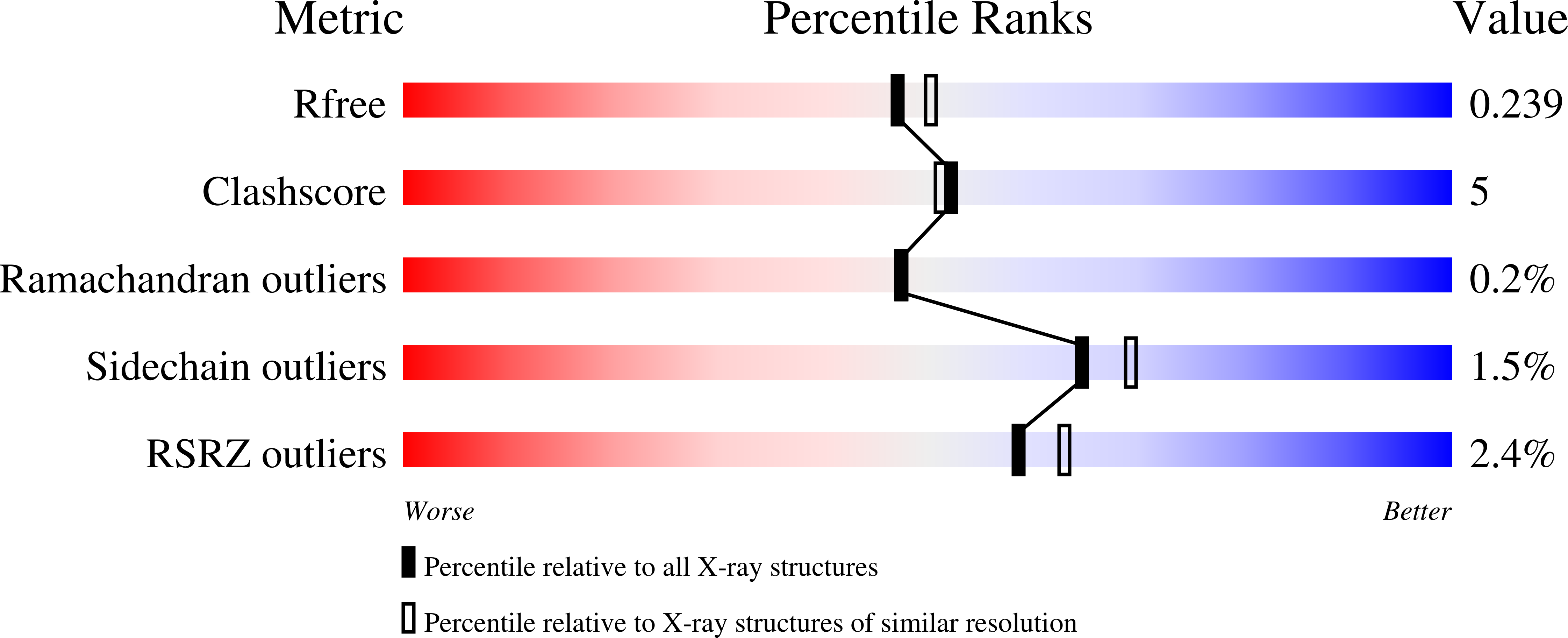
Deposition Date
2019-04-03
Release Date
2019-06-19
Last Version Date
2024-06-19
Entry Detail
Biological Source:
Source Organism(s):
Treponema denticola ATCC 35404 (Taxon ID: 999430)
Expression System(s):
Method Details:
Experimental Method:
Resolution:
2.07 Å
R-Value Free:
0.23
R-Value Work:
0.19
Space Group:
P 21 21 21


